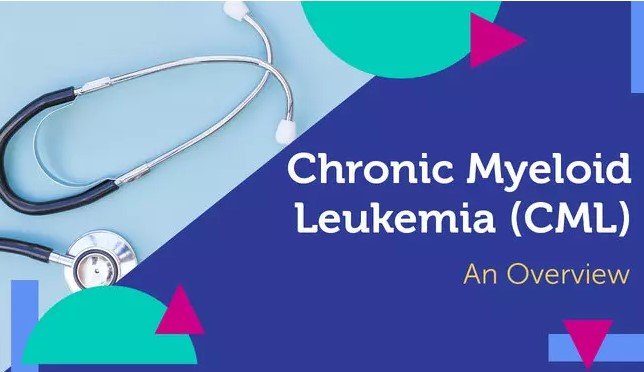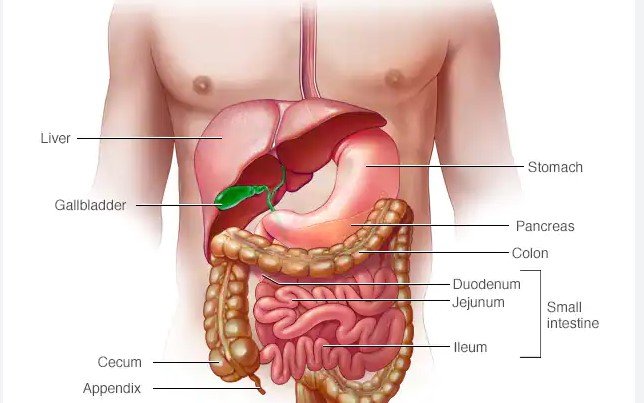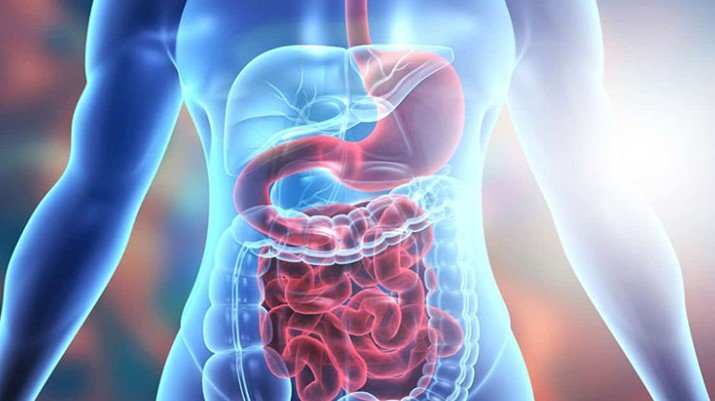Gastrointestinal Infection : Symptoms, Causes & Treatments

Food habits in developed countries are not going to change. People don't have time to eat healthy, live healthy, and follow a healthy lifestyle, aye? Most of the processed and junk foods carry bacteria, infections, and parasites. When we eat these foods, they enter through our throat and infect our intestines.
A few symptoms of infections are mild fever, vomiting, nausea, blood discharge through stool, and heartburn. These are the valid symptoms of gastrointestinal infections. These cases can be easily overcome in a few days and prevention control can take place by a medical professional.
Even in the United States, this disease has shown drastic statistics. 1 out of 9 child deaths in the world has been recorded which shows the seriousness of this issue, which needs to be overcome to find a perfect solution to save mankind.
Symptoms Of Gastrointestinal Disease
Gastrointestinal Disease gives symptoms to the immune system and upon responding it reacts to the body, which is generally considered a symptom. The general symptoms occur once the problem is developed. However, if well cured it won't last long for more than a few days. Some of the symptoms also can be noticed as cramps and discomfort due to diarrhea. Let's have a glance at some of the major symptoms:
- Mild fever
- Nausea
- Vomiting
- Bloating
- Depression
- Muscle pain
- Loss of appetite
- Heartburn
- Sudden weight loss
- Blood in the stool
Causes Of Gastrointestinal Disease
There are different causes that lead to gastrointestinal disease. But in most of the cases, bacterial, viral, and parasite infections appeared clearly. Let's discuss them one by one in the below section.
Bacterial Infections
E. coli is a bacterium that is generally discoverable in humans and animals. It has varieties but they are harmless and have some stains. It works secretly to injure the abdomen resulting in strains, diarrhea, and cramps in the abdomen. The bacteria spread through the infection which can be delivered to the body with water or food.
Viral Infections
One of the most common foodborne viral infections is Norovirus which is spread all over the world and impacts millions of people every year. Most people who use contaminated food or water have a higher chance of developing these viral infections since the viral infections go through water or food in the body. A person-to-person infection is also possible with viral infections.
Parasite Infections
Parasites are faster in traveling and the parasite infections can go from one human to another and spread quickly in time. Any consumption of water and foods in sharing could cause the parasite infection. It is one of the leading causes of the infectious disease which carries with the water. Cryptosporidiosis is a parasite that has an external shell to tolerate chlorine disinfection.
Treatment Of Gastrointestinal Disease
First, you need to realize that antibiotics might not be of any help during gastrointestinal disease. Establishing self-care measures becomes essential in this scenario. The infection generated by the viruses and parasites cannot be controlled with the help of antibiotics.
Besides, even in non-complicated cases, antibiotics may prolong the disease condition and improve the risk of the diagnostic process. In case, if your child has developed this disease then find a doctor because your kids may need serious attention from the doctor as the doctor himself can determine the cause and whether your child requires antibiotics.
While diagnostic, you need to be careful with the selection of your meal plan. Your doctor may prescribe you to stay away from high-fiber foods which can worsen the diarrhea situation in your life. The best possible care you can start the day you suffer is to keep yourself hydrated. It doesn't matter what the person's age is, nor if someone has some serious illness. Drinking enough water everyday keeps you cleansed during the symptoms and would wash away harmful particles and substances from the body.
When To See The Doctor?
There are times when the symptoms may go wrong and you might seek serious help from a doctor. Let's find out those symptoms before you suffer a panic situation. See your doctor right away!
For Adults
- Have a high fever
- Vomiting for more than 2 days
- Vomit of blood
- Cannot control down the liquid for long hours
- Feeling exhausted and thirsty
- Blood in the bowel movement
For Children
- Mild fever
- Discomfort and pain
- Blood passing out in the stool
- Irritation
- Feeling dehydrated
- Dry skin
- Looks lethargic
- Amount of urine
For Infants
- Dry mouth
- Pain and crying
- Blood coming out of the stool
- Severe diarrhea
- Frequent change in diapers
- Sleeping a lot
Key Takeaways,
Gastrointestinal infection symptoms can be hazardous if you've no idea how to take care at home before you make your presence to a doctor nearby. Consulting a doctor could be the last stage, because you would like to identify what precisely the situation is of the patient.
Matching the symptoms could avail you identification while significance of the guide can help you take care of the patients. A better cure could be if you start this right away, to keep yourself hydrated during the symptoms and consume loads of healthy foods, which is good for your overall health, anyway.
Good luck with your disease, keep tuning us for more interesting blogs. You can tap our top right section for social links and share them with your friends and family who might be stuck in such a situation. Sharing is caring!













